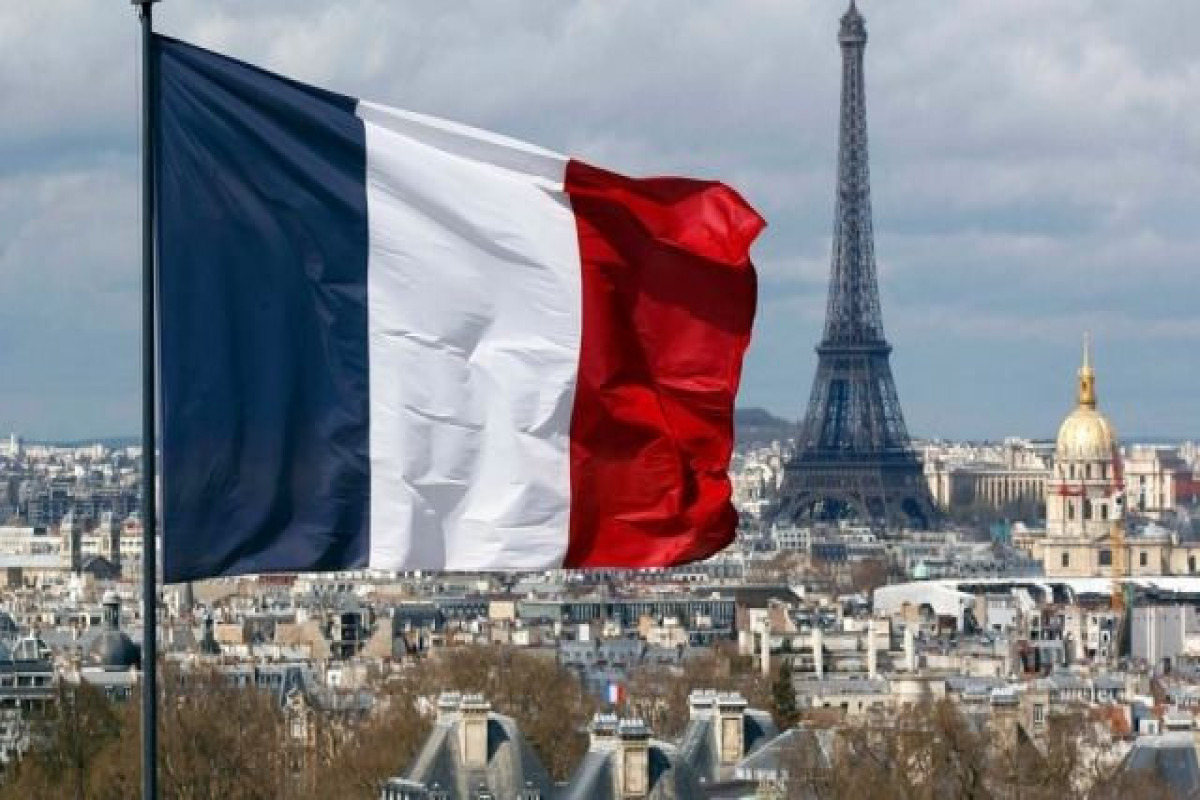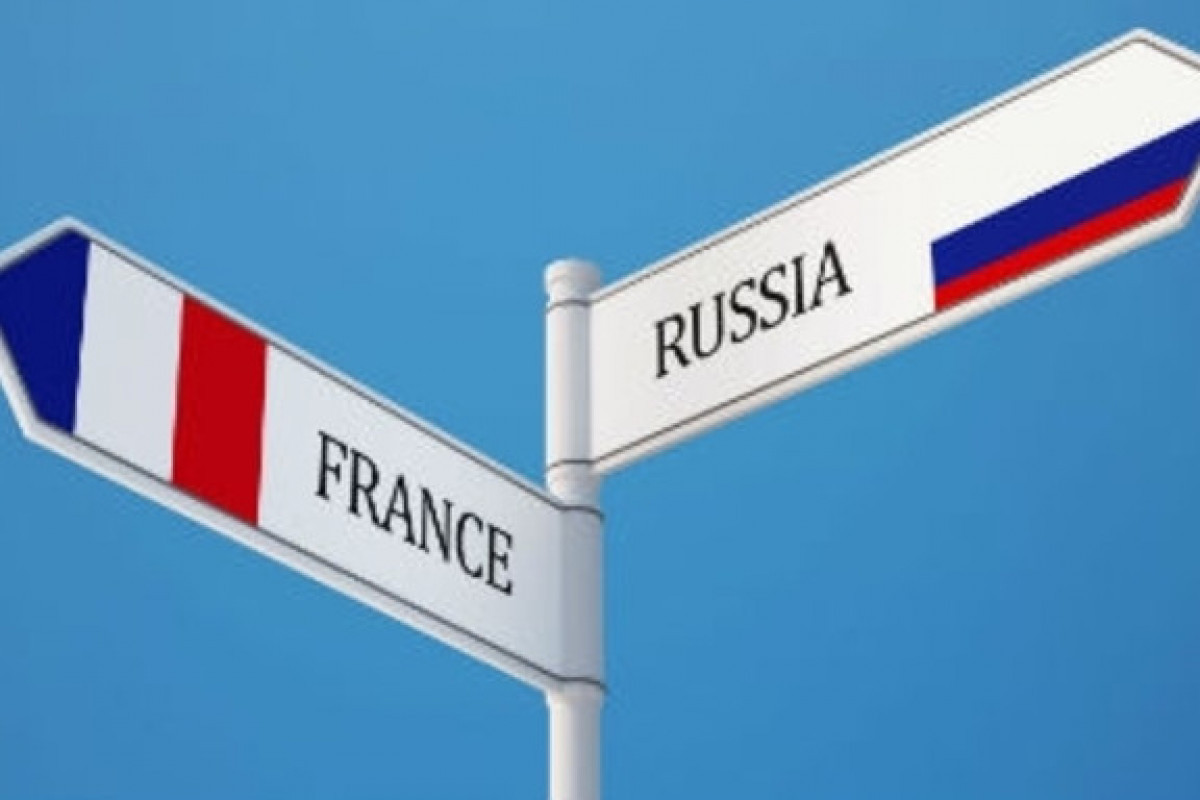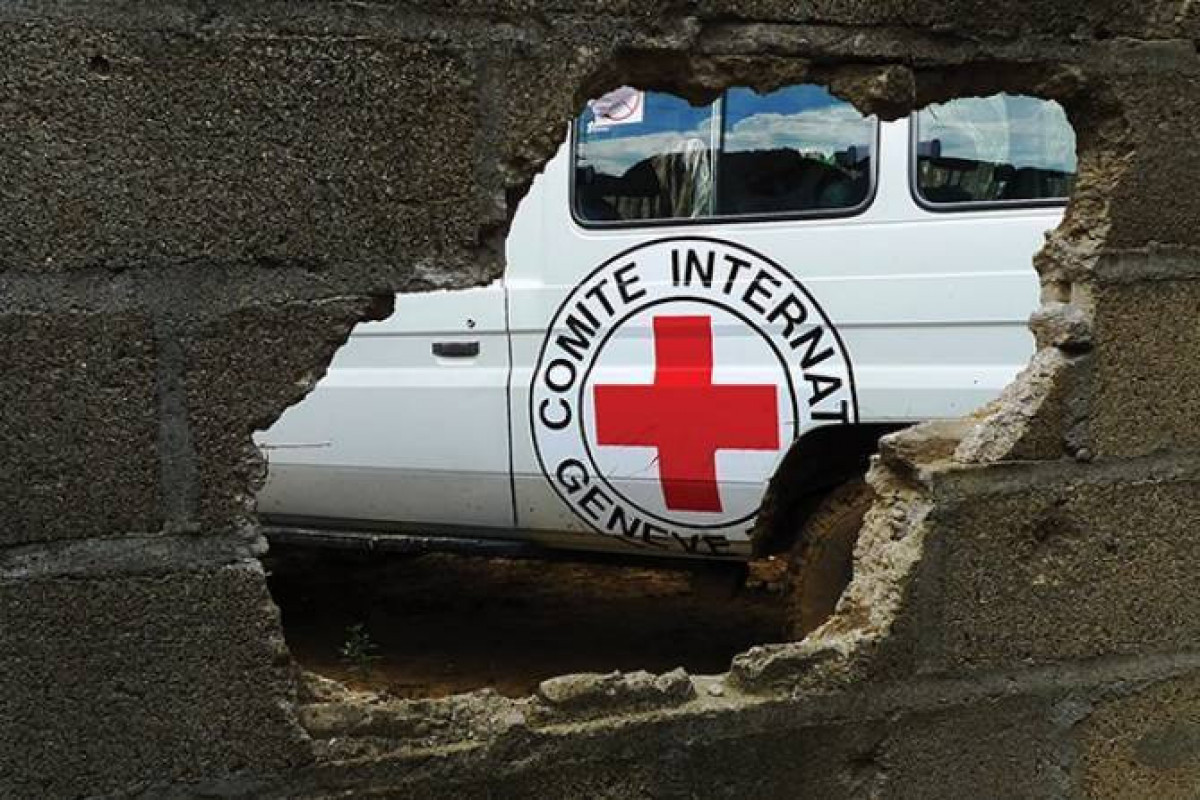Moscow. Farid Akberov – APA. How will the entry into force of the European Union sanctions on Russia, Ukraine crisis, as well as global economic recession and changes in oil prices affect the Russian economy? Today, it is one of the most discussed questions is Russia.
Sberbank, Bank of Moscow, Gazprombank, Rosselkhozbank, Vnesheconombank and VTB Bank also fell under the U.S. sanctions and it caused problems for them in global financial markets.
The slide in Brent prices to near $100 a barrel seriously affected the Russian financial market. As of September 16, the national currency was equal to 38.82 rubles per US dollar. The euro was worth 50.19 rubles. Ruble has been dropping against euro and dollar for 7 days.
Russian experts have commented on possible consequences of the Western sanctions in their interviews with APA’s Moscow correspondent. Senior expert of Higher School of Economics (HSE) Center of Development Nikolay Kondrashov said that the country's economy would face large-scale crisis: “If the West tightens sanctions against Russia, oil exports will drop to 50 percent. Thus, gross domestic product will fall to 8 percent in 2015.”
“HSE Center of Development has developed two scenarios for the development of the Russian economy. According to baseline projections, if taking into account sales tax and easing of sanctions, GDP will be equal to 0.8 percent in 2015. According to the second scenario, GDP will drop 2 percent in 2015. We hope that this will be due to a decrease in the growth rate of exports of goods,” said Nikolay Kondrashov.
Russian analyst Dmitry Polevoy said GDP growth would be 1.7 percent in 2015: “This forecast was made basing on the expected completion of the effects of sanctions against Russia and normalization of the Ukrainian crisis by the end of 2015.”
The experts consider that there is a high probability of intensification of geopolitical risks. The main risk is the tightening of sanctions.
“The extension of the sanctions will be possible in three directions. The first direction is about the expansion of financial restriction in the entire economy, particularly in the private sector, 25 percent drop in gas exports and the third a large scale layoff in oil exports”, said Dmitry Polevoy.
Unlike experts, Russian politicians are optimistic about the possible impact of the sanctions on the country’s economy. Assistant to the Russian president, Andrei Belausov says the Western countries have already lost about €40 billion because of the sanctions they imposed on Russia: “The losses took place even though Russia has not yet responded to the sanctions. Russia is ready to impose sanctions on a number of products imported from European countries and the US. After it takes place, it will be too difficult to estimate possible losses western countries are going to face.
“We have many non-agricultural products for which we’re not dependent on European countries. Quite the contrary, they’re more dependent on us. It’s about car exports, including used car exports as well as their spare parts, etc. Another example can be various light industrial products which we’re now able to produce on our own”, stressed the assistant to the Russian president.
Which countries’ economies are going to be seriously affected if Russia imposes sanctions on the import of those non-agricultural products?
Car imports
In 2013, Russia imported cars valued at $17 billion. 70 percent had been imported from the countries that imposed economic sanctions against Russia. They are Japan, Germany, the UK and the US. As you can see, the first four are the countries imposing sanctions on Russia. If an embargo is introduced on car imports, those countries’ loss will be over $12 billion. This is just the amount of the loss calculated without imposing an embargo on RVs, trucks, vehicles for passenger transportation and spare parts.
Note that, the import of the spare parts of foreign cars, mainly from Germany and Japan, has constituted $11,5 billion in Russia in 2013.
Imports of clothing products
Russia imported clothing products worth 8,5 billion in 2013, mainly from China (44%), Turkey, Bangladesh, Belarus, and Italy. Among them, only Italy, whose share in the total import is 5.19%, is of the countries introducing sanctions against Russia.
Imports of light industrial products
If the import of light industrial products is banned, it will unlikely be catastrophic for the economy of the European countries. For example, leather products are imported to Russia from France and Italy. The volume of imports was symbolic in 2013. Thus, goods worth $ 45 million were imported from France and goods worth $ 135 million from Italy.
Imports of alcoholic beverages
A lot depends on the specific segment in alcoholic beverage segment. For example, mainly the UK exports strong alcoholic beverage products and liqueur to Russia. In 2013, Russia imports 27.80 percent of alcoholic beverage products from the UK, 19.77 percent from France, 10.97 percent from Armenia, 9.35 percent from the U.S., 3.51 percent from Finland, 1.98 percent from Germany and 1.3 percent from Italy. Market for alcoholic beverage products amounted to $1,481 billion.
Three European countries – France, Spain, Italy are leading in import of wine to Russia. These countries export to Russia 60 percent of wine that they produce. A significant part of the products imported by Russia falls on the countries which impose economic sanctions against it. This factor is a chance of Russia to respond to the Western sanctions.
However, Russian economy is impacted by not only the Western sanctions but also the fall in oil prices in the world market. Urals crude declined to $94 a barrel while Brent crude was sold at $99.2 a barrel. The oil production in Libya, drop in demand in Chinish and European markets led to a decline in oil prices. According to experts, Saudi Arabia and OPEC member countries reduce output in case of the oil price fall to $90. Russia predicted that the oil prices amount to $110 for 2014. “Reuters” estimates show that $1 drop in oil prices impacts on Russia’s budget as a loss worth $1.4 billion.




 ANALYSIS'>
ANALYSIS'>

